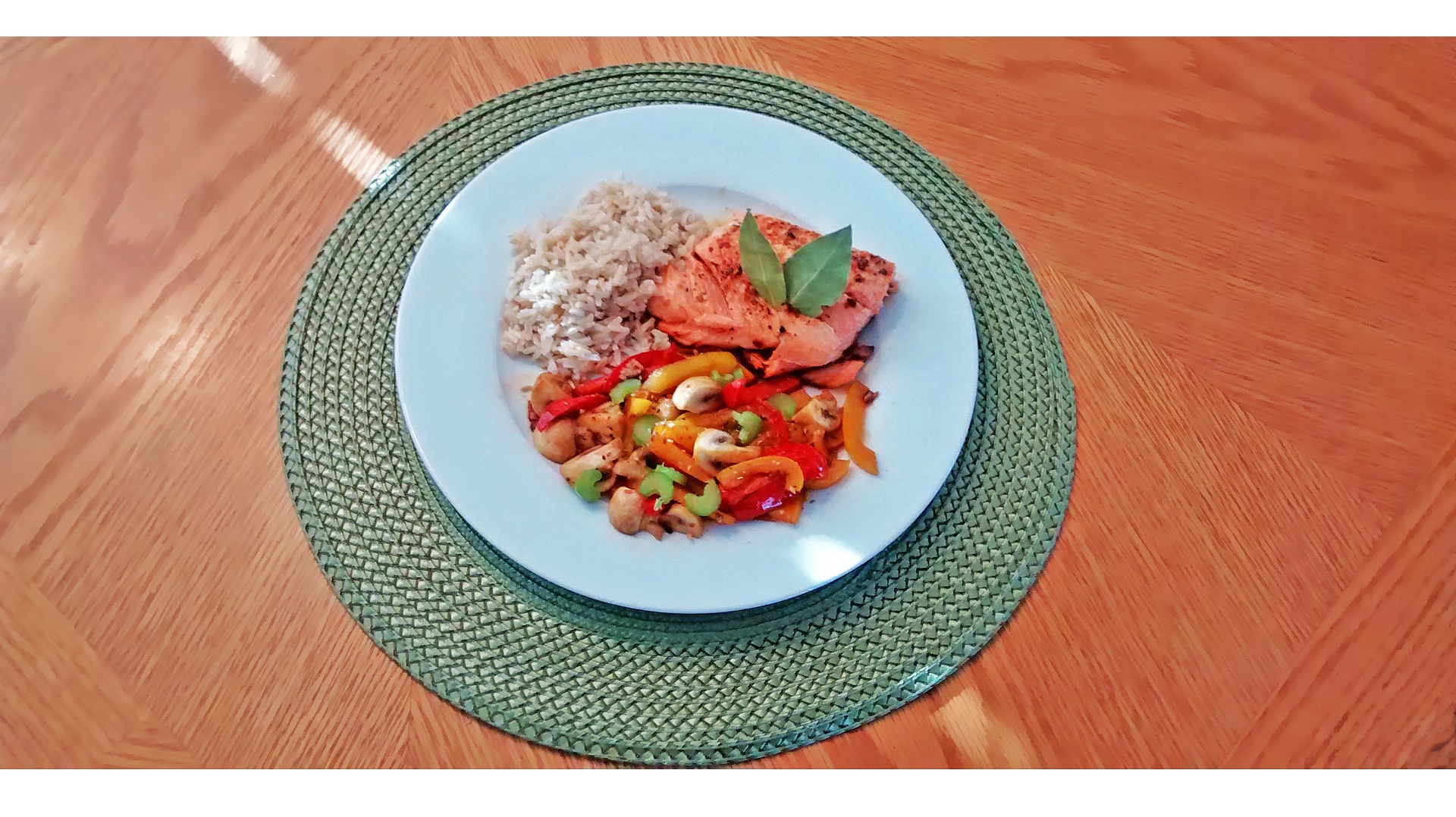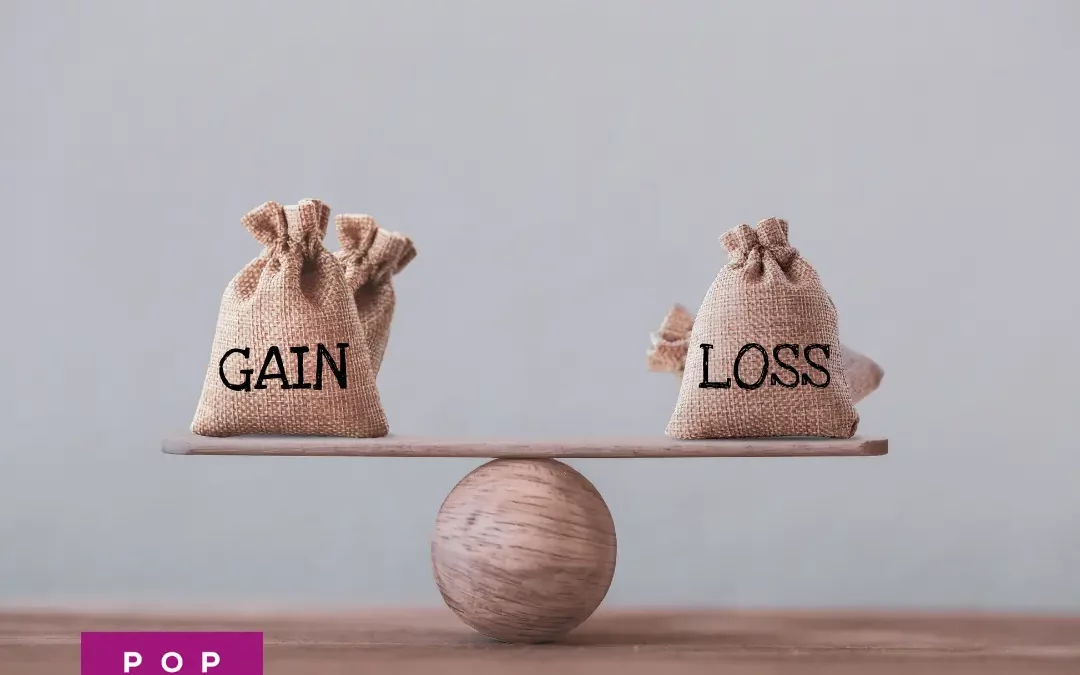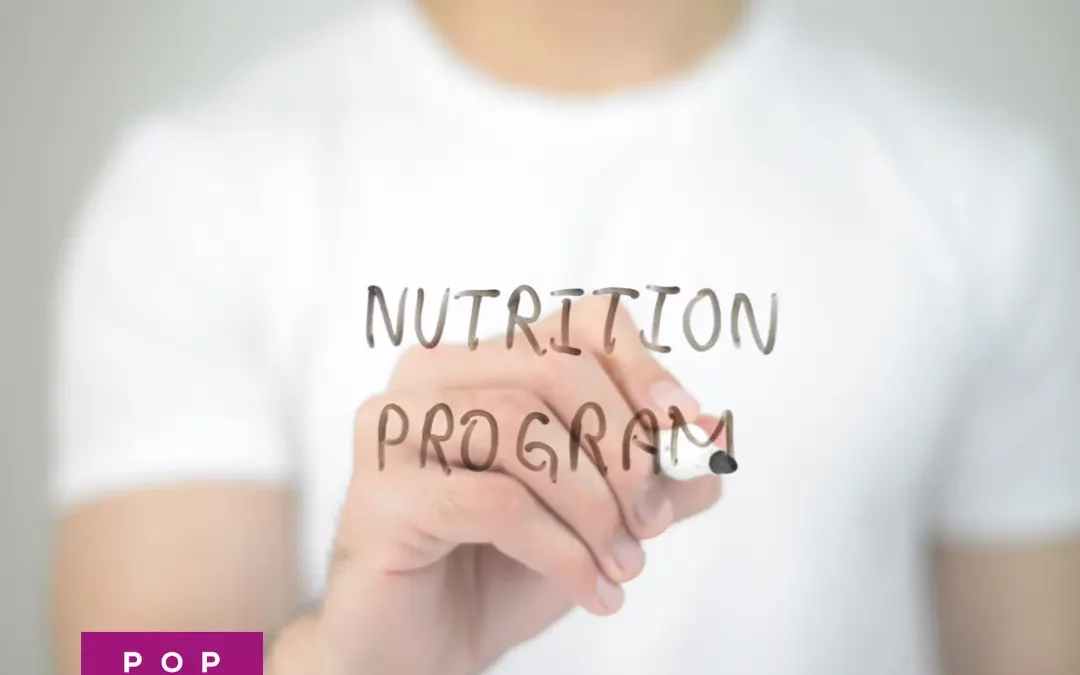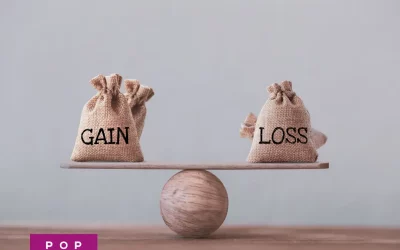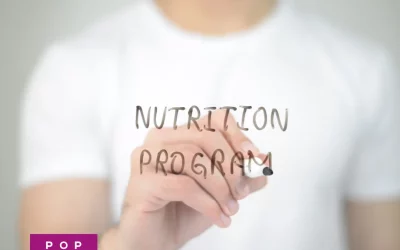I’m going to explain why the “perfect macros” aren’t producing the results you were promised.
Tracking macros has been crowned as the gold standard of nutrition plans.
If you’re not familiar with macros (or macronutrients), it’s what our calories come from: protein, carbs, and fats. The only other source of calories is alcohol (which some people say is the 4th macro).
So, tracking macros is a more specific form of calorie counting where you’re not only measuring how many calories you’re consuming … you’re also measuring the breakdown of those calories into 3 categories: protein, carbs, fats.
Why does tracking macros work?
Just like any form of measurement, it provides awareness and specificity.
Consider an individual who just eats whatever they want and is frustrated with gaining weight. They may have no idea how many calories they’re consuming and/or where those calories are coming from.
By tracking calories and/or macros, they can make more informed decisions around food.
This is a simplification because it’s not really the point of this message. But, to use an analogy … imagine someone is trying to save money but they have no idea how much they’re spending.
Tracking macros is like creating a financial budget but with food.
Anyway, macros get a lot of hype because they can be useful, especially for those who have no awareness around their food choices or quantities.
Many people have hopped on the bandwagon so you’d imagine that we’d see a massive increase in dietary success …
But we haven’t. In fact, it’s gone the opposite direction.
What gives?
If macros are so amazing, why haven’t they solved all of our problems?
It’s a multi-faceted answer and I’ll do my best to explain it.
You may have hands-on experience with this. There is no shortage of macro based coaching programs and you’ve likely tried at least one for yourself.
The general concept of a macro-based coaching program is simple …
You enter your information into a database or calculator … things like age, weight, height, sex, activity level, and goals.
Then, the numbers will be crunched through a formula and you’ll receive your macro prescription.
It’ll look something like this: “Based on your data, we recommend eating 1600 calories per day with 150 grams of protein (600 calories), 60 grams of fat (540 calories), and 115 grams of carbs (460 calories).”
From there, you weigh and track everything you eat and try to get as close to those targets as possible. There are free tracking apps like MyFitnessPal that will show you how close you’re getting to your numbers.
In most cases, the coach will tell you one of two things …
- you’re not being consistent enough or
- you need to eat less
If you aren’t hitting your macros consistently and your weight is not dropping, your coach will likely put the onus on you.
It’s not a macro problem … it’s a you problem.
If you are nailing your macros and your weight isn’t moving, then your coach will likely take more food away.
There’s a major problem with this philosophy …
Who says those numbers are right for you?
What if you’d be more consistent with a different macro ratio? What if your food choices also made a difference? What if macros can’t account for things like stress? What if your coach constantly telling you to hit your macros leads to you becoming obsessed with being perfect and developing a poor relationship with food and/or anxiety around food?
The answer: all of the above.
This is why macro calculators and cheap programs have such a low success rate.
They are solely data driven and completely miss the boat on the behavioral and psychological side of things.
In fact, there are many instances where macros actually ADD stress which will make progress more difficult.
In addition, I’ve seen thousands of examples where individuals completely ignore their bodies for the sake of hitting macros.
For example, what happens if you’re ravenously hungry but you’ve hit your macros for the day? Well, those macro coaching programs will tell you to drink water, suck it up, chew gum, brush your teeth … you can do this!
Ummm, no. That’s your body telling you that something is off.
What happens if you’re totally stuffed and satisfied, and it’s 9 pm but you’ve got 500 calories left for the day? Gotta hit those macros! Time to force feed yourself, right?
Hard pass. Let’s just think practically here about honoring our body’s natural signals.
Ok, so now that there are more holes in the macro approach than a golf course … what do we do?
Tracking macros is only ONE tool.
First, please understand that macros are one single tool and just like any tool, they can be used or abused.
Second, they are not gospel! If you are using a macro calculator there’s a good chance those numbers are inaccurate. For the simple fact that those calculators can’t account for your individual nuances like stressors, lifestyle, personal preferences, personality, etc. AND, they can’t help you with choosing the right types of food that will contribute to you feeling your best and staying consistent.
That part is actually very underrated. Consider that you can have a meal and be really hungry an hour later. But, having a meal with the exact same macros but different food choices could leave you satisfied for hours.
This is one of the things we work through in our 6-month, signature 1:1 coaching program …
Helping our clients with the food choices that make them feel their best. We accomplish this by first understanding their personality type which gives us insight into their brain chemistry.
That allows them to eat foods that support their nature and feel more like themselves, have more sustained energy, and experience less stress overall.
Then, we align food choices with training, lifestyle, and personal preferences.
Training, because we want to recover from the stress of exercise and allow for proper adaptation to occur (like strength, muscle building or maintaining, and fat loss).
Lifestyle, because we want their plan to feel totally natural. Isn’t the goal to be successful forever? So yeah, we have to make it fit their lifestyle.
Personal preferences, because it’s supposed to be fun! When you feel better and look better, it should be enjoyable. We’ve been conditioned to believe that progress and misery go hand in hand. How’s that been working so far?
Our personalized nutrition coaching teaches you dietary freedom.
We actually build in freedom and flexibility for things like date nights, alcohol, social events, etc. Our clients are often pleasantly surprised when they get to do the things they enjoy and still reach their goals.
And yes … we use macros as a guide … sometimes! We determine the appropriate amount of tracking for the individual. For some of our clients it means tracking daily. For some of our clients it means not tracking at all. And, we also utilize everything in between.
The most important part of this process is that we monitor daily stressors so that when things aren’t progressing, it’s not just a matter of saying “be more consistent” or “eat less.”
In fact, sometimes eating more gets things moving in the right direction because it closes the stress gap.
We may not adjust nutrition at all and will simply implement or tweak some habits that lead to less overall stress and poof … that does the trick.
Ultimately, this leads to our clients losing between 20-30 lbs. on average over the 6 month program but more importantly, they gain the confidence and understanding to maintain and sustain those results for life.
We often hear back from many of our graduates saying they continued making progress and even accomplished goals they never imagined possible!
Are YOU ready for a personalized approach to nutrition and weight loss?
If you’re interested in a sure-fire approach and are ready to end the frustration of failed diets or feeling like you’re constantly spinning your wheels … then click the button below to send me a PM (private message) on Facebook.
We’ll have a quick chat to make sure you’re the right fit for the program and if you are, I’ll offer you an invite and we can get started right away!
Much love,
Coach Mike

